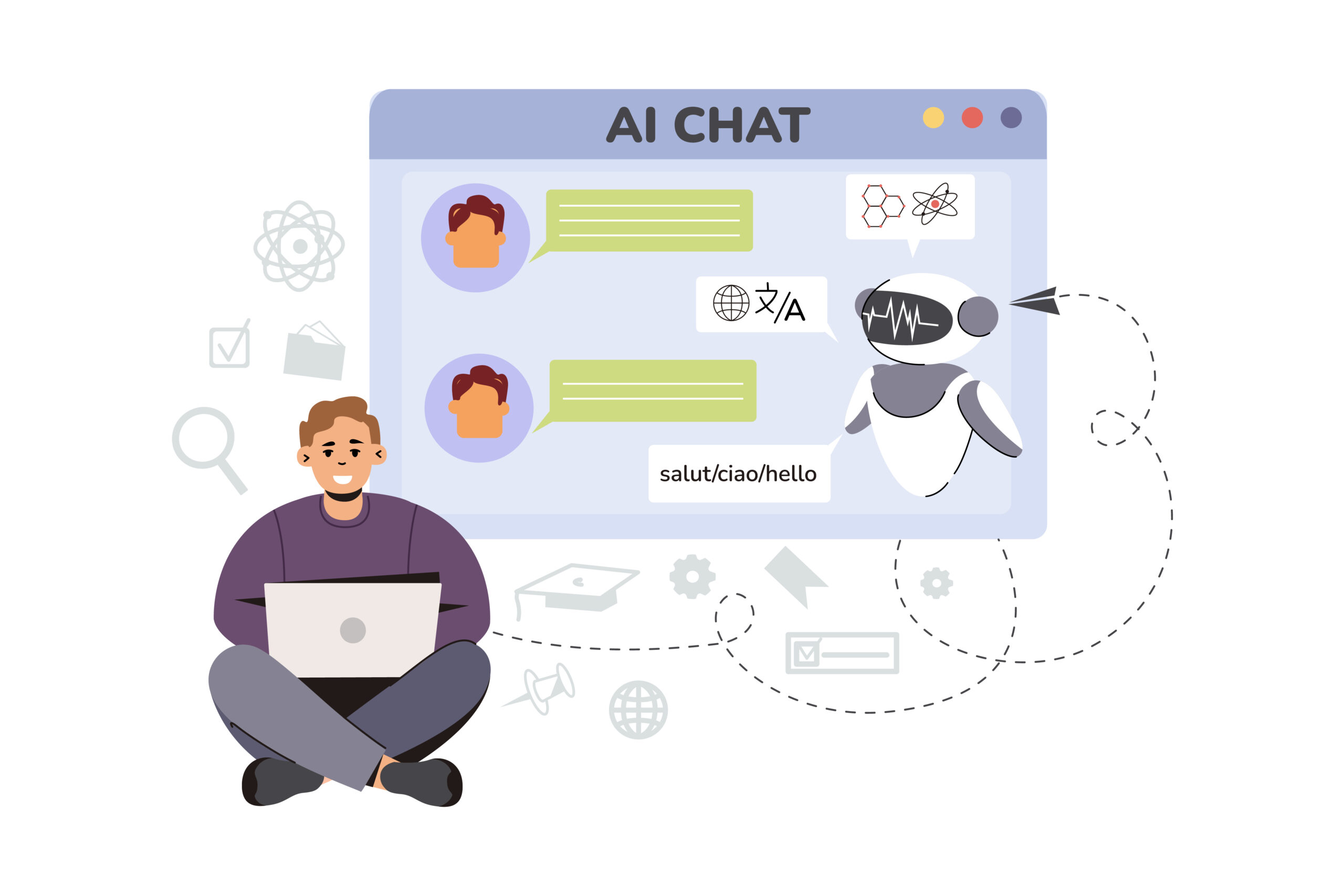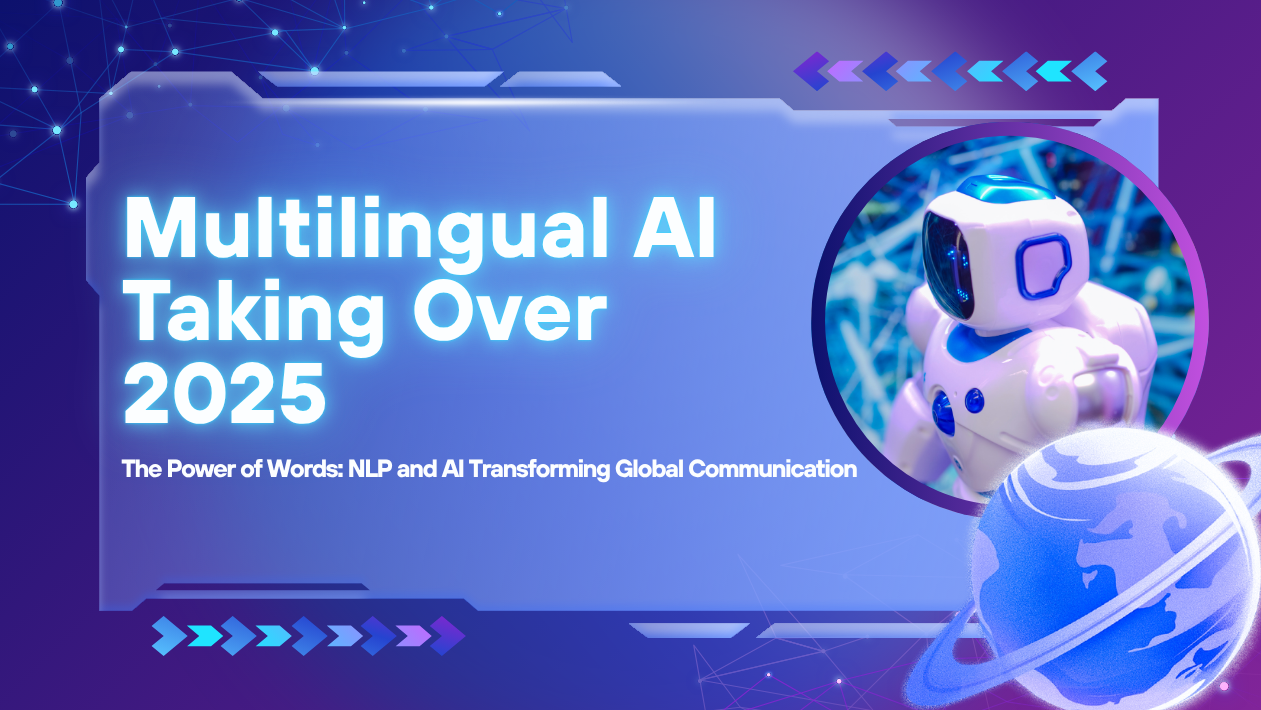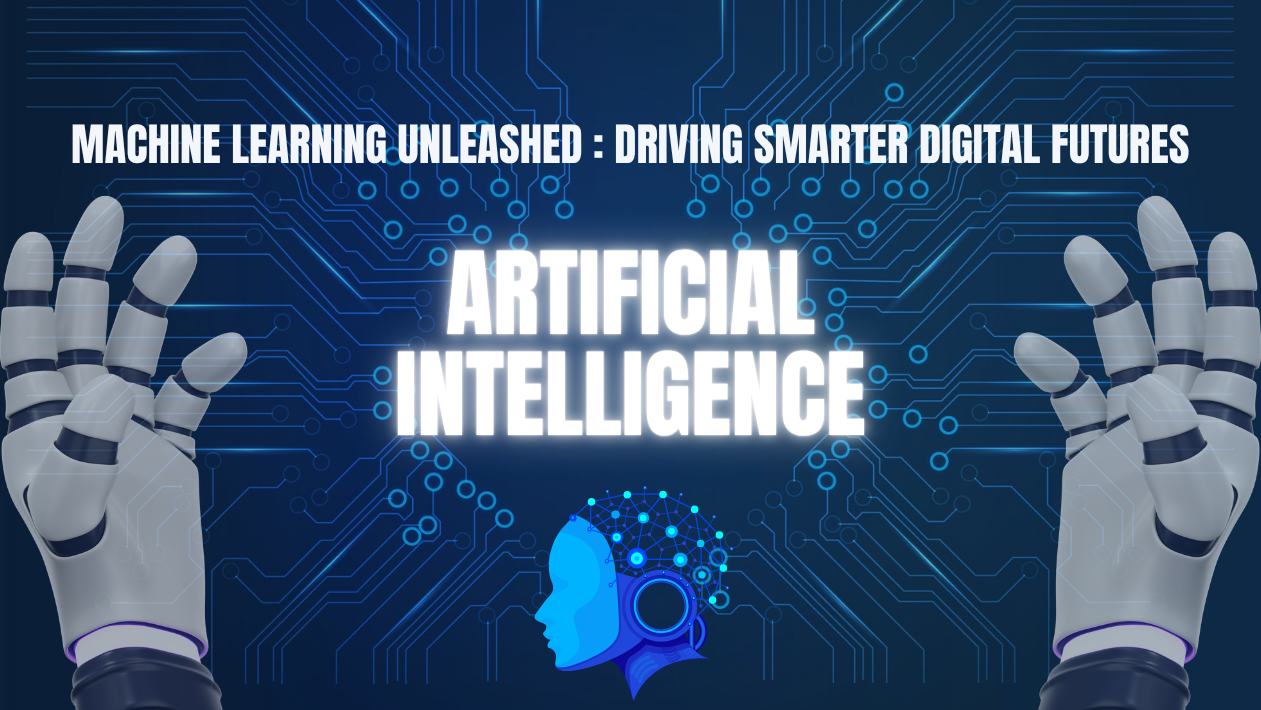In the ever-evolving landscape of AI, emotionally intelligent chatbots are emerging as a game-changer in customer engagement. Unlike traditional chatbots that merely process queries, these advanced systems leverage Natural Language Processing (NLP) to understand and respond to human emotions, creating more personalized and empathetic interactions.
Understanding Emotionally Intelligent Chatbots
Emotionally intelligent chatbots utilize sentiment analysis, tone detection, and contextual understanding to gauge the emotional state of users. By analyzing factors such as word choice, sentence structure, and even pauses in conversation, these bots can discern whether a user is frustrated, happy, or confused.
For instance, if a customer expresses dissatisfaction, the chatbot can recognize the negative sentiment and respond with empathy, offering solutions or escalating the issue to a human representative if necessary. This approach not only enhances user experience but also fosters trust and loyalty.
The Technology Behind the Intelligence
At the core of these chatbots lies advanced NLP algorithms and machine learning models trained on vast datasets of human interactions. By continuously learning from each conversation, these bots improve their emotional recognition capabilities over time.
Additionally, integration with voice recognition systems allows for the detection of emotional cues in spoken language, further enriching the chatbot’s understanding of user sentiments.
Applications in Business
Businesses across various sectors are adopting emotionally intelligent chatbots to improve customer service, sales, and support. In e-commerce, for example, these bots can assist customers in finding products that match their preferences and emotional state, leading to higher conversion rates.
In healthcare, emotionally aware chatbots can provide mental health support, offering coping strategies and resources to individuals in distress. Similarly, in finance, these bots can guide clients through complex financial decisions with sensitivity and understanding.
Challenges and Considerations
While the potential benefits are significant, implementing emotionally intelligent chatbots comes with challenges. Ensuring privacy and data security is paramount, as these systems handle sensitive emotional information. Additionally, maintaining transparency about AI capabilities and limitations is crucial to prevent misunderstandings.
Moreover, businesses must be cautious about over-reliance on AI for emotional support, recognizing the importance of human intervention in certain situations.
The Future Outlook
As AI technology continues to advance, the capabilities of emotionally intelligent chatbots are expected to expand. Future developments may include deeper integration with augmented reality (AR) and virtual reality (VR) platforms, allowing for more immersive and emotionally resonant interactions. Furthermore, ongoing research into affective computing and neuroscience may lead to even more nuanced understanding and replication of human emotions in AI systems.





